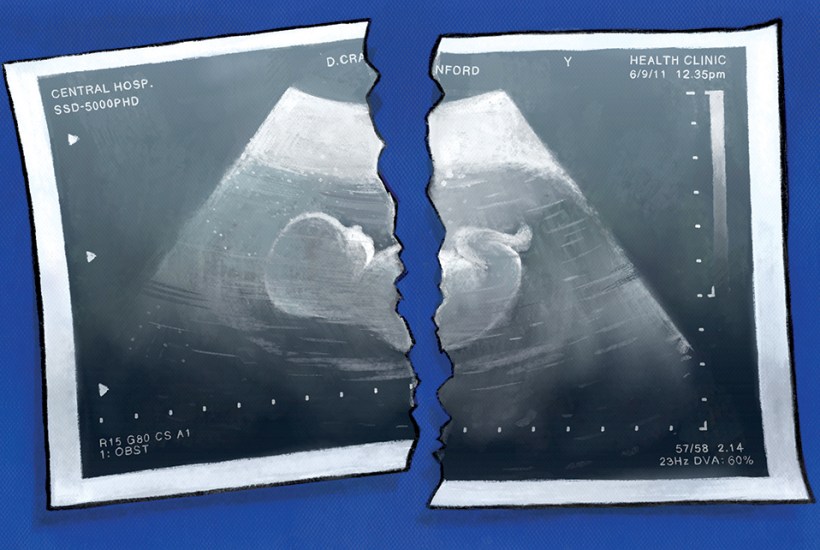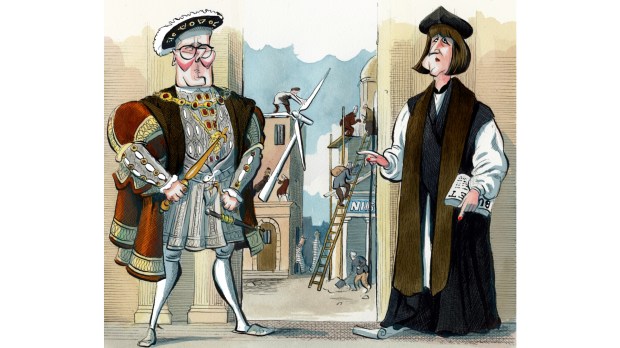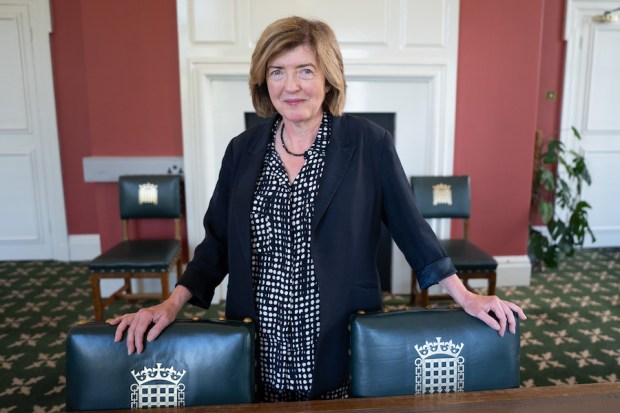I don’t like talking about abortion and so rarely do. I have never written about it before. I am uncomfortable doing so here.
It feels trite even to rehearse some of the debate. Can you simultaneously believe in a woman’s right to autonomy over her body and a baby’s right to life? Can you decide never to have an abortion, but also believe other women should be able to? Is an abortion at eight weeks different to an abortion at eight months? If pushed, I’d probably say that the answer to all of these questions is yes.
Already a subscriber? Log in
Subscribe for just $2 a week
Try a month of The Spectator Australia absolutely free and without commitment. Not only that but – if you choose to continue – you’ll pay just $2 a week for your first year.
- Unlimited access to spectator.com.au and app
- The weekly edition on the Spectator Australia app
- Spectator podcasts and newsletters
- Full access to spectator.co.uk
Unlock this article
You might disagree with half of it, but you’ll enjoy reading all of it. Try your first month for free, then just $2 a week for the remainder of your first year.














Comments
Don't miss out
Join the conversation with other Spectator Australia readers. Subscribe to leave a comment.
SUBSCRIBEAlready a subscriber? Log in